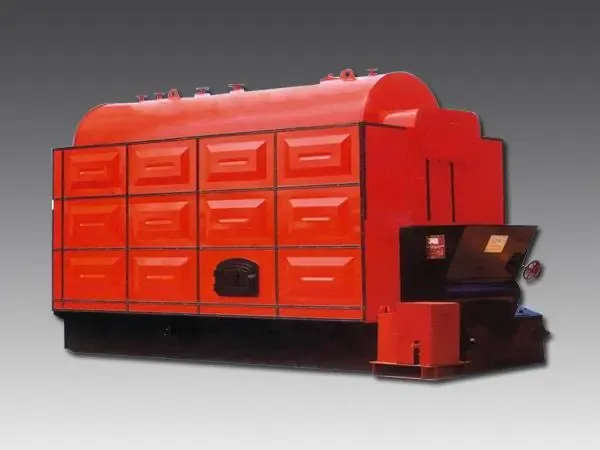
Сен . 09, 2024 04:40 Back to list
what can you burn in a biomass boiler
What Can You Burn in a Biomass Boiler?
Biomass boilers have gained recognition as a sustainable and eco-friendly heating solution. Unlike traditional fossil fuels, biomass energy harnesses organic materials, reducing reliance on non-renewable resources and minimizing greenhouse gas emissions. Understanding what you can safely burn in a biomass boiler is essential for maximizing efficiency and ensuring proper operation.
What Can You Burn in a Biomass Boiler?
Agricultural residues also serve as excellent biomass fuel. Materials such as straw, corn stalks, and sugarcane bagasse can be utilized effectively in biomass boilers. These residues, often considered waste products, provide a dual benefit they facilitate waste reduction while serving as a valuable source of energy. However, it is crucial to ensure that these materials are dry and processed appropriately to avoid issues like clinkering and high emissions.
what can you burn in a biomass boiler

Other organic materials, including forestry residues, are suitable for biomass combustion. This category encompasses tree branches, leaves, and other parts of trees that may not be valuable for lumber. Utilizing these materials not only aids in forest management by reducing debris that can lead to wildfires, but it also contributes to a circular economy where waste is repurposed effectively.
In addition to plant-based materials, some biomass boilers can also burn animal waste, such as manure, as a renewable energy source. This type of biomass energy, however, requires specialized systems to manage combustion and emissions properly. The inclusion of animal waste in biomass boilers can be advantageous not only for energy production but also for reducing environmental pollution associated with livestock farming.
While numerous materials can be burned in biomass boilers, it is vital to avoid certain substances to ensure safe and efficient operation. For instance, treated wood, plastics, and any material containing chemicals or metals should never be burned, as these can release harmful toxins into the air and damage the boiler. Only clean, dry, and unadulterated organic materials should be used for burning to maintain optimal functionality and environmental safety.
In conclusion, biomass boilers represent an innovative way to harness energy from various organic materials, ranging from wood products and agricultural residues to certain animal wastes. By understanding what can be safely used as fuel, users can maximize the efficiency of their biomass boilers, contributing to a more sustainable energy future while promoting waste reduction and environmental stewardship. As interest in renewable energy sources continues to grow, the versatility and potential of biomass fuel will become increasingly significant in our energy landscape.
-
High-Efficiency Commercial Oil Fired Steam Boiler for Industry
NewsJul.30,2025
-
High-Efficiency Biomass Fired Thermal Oil Boiler Solutions
NewsJul.30,2025
-
High Efficiency Gas Fired Thermal Oil Boiler for Industrial Heating
NewsJul.29,2025
-
High-Efficiency Gas Fired Hot Water Boiler for Sale – Reliable & Affordable
NewsJul.29,2025
-
High Efficiency Biomass Fired Hot Water Boiler for Industrial and Commercial Use
NewsJul.29,2025
-
High-Efficiency Biomass Fired Hot Water Boiler for Industrial Use
NewsJul.28,2025
Related PRODUCTS






















